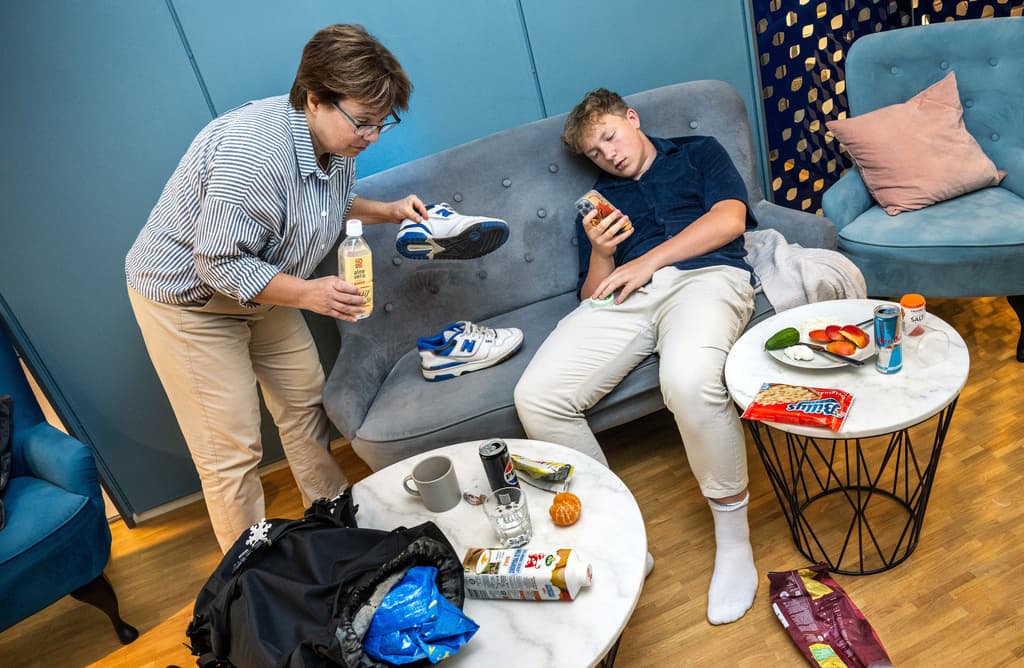They are looking for summer jobs for their teenage children, packing their bags and booking dentist appointments – some parents are wrapping their almost adult children in excessive care.
Studies show that overprotection can harm children's development, and now researchers want to understand the parents' behavior.
It's naturally not wrong with engagement. But it can become too much of a good thing, says Terese Glatz, associate professor and researcher in psychology at Örebro University:
Overprotective parenting is when the parent goes beyond what is expected or good for the child at that age to do themselves.
The behavior can also manifest in excessive anxiety.
The parent paints a picture of problems that may not even happen, creating unnecessary worry in the child.
Learning from mistakes
It also happens that parents try to protect their children from feelings like disappointment or sadness.
But learning to handle emotions is an important part of becoming independent, says Terese Glatz.
Overprotection can therefore be harmful.
What has been seen in research is that the child or teenager does not develop their problem-solving skills. There is something positive about failing and trying again from the start. It has also been seen that children who have had very overprotective parents are at risk of developing anxiety or anxiety disorders, says Terese Glatz.
Not just Swedish
But how common is overprotective parenting and what are the causes of their behavior? This is being investigated in an international study, where Terese Glatz is responsible for the Swedish data collection.
This parental behavior exists in most Western countries. It's not a new phenomenon, or specific to Sweden, says Terese Glatz.
Survey responses from teenage parents in Sweden and nine other countries form the basis of the study. The aim is to investigate how the overprotective strategies differ between countries.
It's about both frequency – how common they are – and causes and consequences.
A hypothesis is that factors such as the country's economic situation, equality, and youth unemployment are linked to the degree of overprotection.
One can imagine that in countries with higher youth unemployment, parents are more concerned about their children doing well in school, and to a greater extent use overprotective strategies, says Terese Glatz.
Overprotection likely also varies within a country.
If you live in an area with a lot of unrest, you can imagine that parents are more overprotective.
The data collection is done, and the first results are expected to be published in about a year.
Ten countries are participating in the study on overprotective parents:
Sweden, Norway, Belgium, Switzerland, France, Italy, Croatia, Greece, Georgia, and Australia.
In each country, more than 400 parents have answered a questionnaire. All parents had children who were in their final year of high school at the time of the survey.
The project leader is Stijn van Petegem at the Université Libre De Bruxelles, Belgium.
Source: Örebro University






